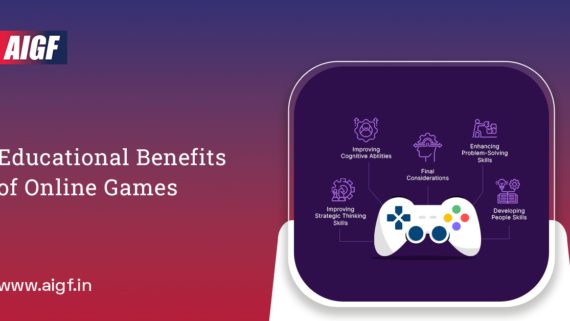Over the past few years, India’s interest in online gaming has grown astronomically. Nowadays, games are not just a hobby; they have become a form of collaboration, participation, and the acquisition of new life skills. According to the recently released AIGF report “Online gaming is a life skill”, there will be approximately 365 million online gamers in India in the fiscal year 2020 and an estimated 510 million in the fiscal year 2023.
The Legal Landscape Of Gaming In India
Over the past few years, India’s interest in online gaming has grown astronomically. Nowadays, games are not just a hobby; they have become a form of collaboration, participation, and the acquisition of new life skills. According to the recently released AIGF report “Online gaming is a life skill”, there will be approximately 365 million online gamers in India in the fiscal year 2020 and an estimated 510 million in the fiscal year 2023.
Lack of Industry Awareness
Although the business and player adoption rate of the online gaming industry has steadily increased, there is still a lack of understanding and awareness. The Supreme Court and several higher courts have repeatedly ruled that online skill games are not games of chance, but they are actually protected by Article 19(1)(g) of the Constitution.
However, gaming is a federal issue under the constitution and regulated by each state independently, while online skills-based gaming is legal in most states, but the lack of overall supervision by the department complicates the issue. The gaming industry law and the main gaming law are not only outdated but have also been in force long before the Internet era. In addition, various government interpretations of online skill games make it difficult for companies to scale up.
Although there is no doubt that the offshore illegal casino gaming websites that advertise and operate blatantly across states need to be banned, unfortunately, this has impacted the online skill gaming businesses, which are registered Indian companies that even pay direct and indirect taxes.
Benefits Of Regulation
The gaming industry now has a self-regulation model that includes the necessary controls and balance, to ensure responsible gamers and protect gamer’s privacy and help them experience a better version in the gaming industry. Regulation of this emerging sector can stimulate investment trends in the states, create jobs, and make financial contributions.
Over the years, the Indian gaming industry has been committed to giving due consideration to this emerging sector. In addition, as an industry association, AIGF has been at the forefront in providing its stakeholders with global best practices through a self-regulatory skills game charter covering all aspects of the online business process.
Huge Growth Potential
The Indian industry is expected to grow faster than the global online gaming industry, making it an excellent source of employment and income generation in the country. The legal status of skill games is an issue that continues to be the subject of intense litigation in India and should be resolved.
One measure to consider is that states should rethink restricting online gaming, and will be helpful to seek active cooperation with industry stakeholders to develop a regulatory model that is in the best interests of all parties. Experts in this field are happy to provide advice to relevant political decision-makers. AIGF and its advisory panel of domain experts are happy to play a consultative role with the relevant policymakers.
Credits: BusinessWorld











Comments
Comments are closed.